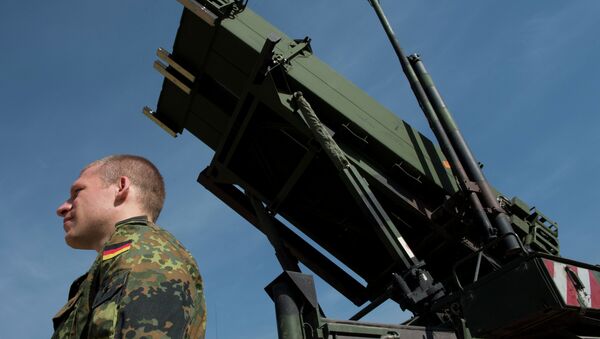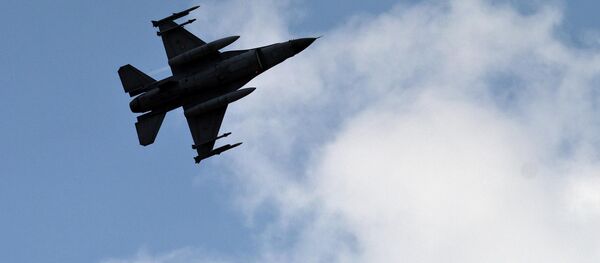Analysts mostly agree that Russia's accidental airspace violation in early October will not lead to any serious consequences. Relations between the two countries will remain the same. Turkish Prime Minister Ahmet Davutoglu confirmed as much earlier this week.
Russian envoy to the EU Vladimir Chizhov stated that Russia considers "Turkey as a friendly country and a major partner, not only in energy, but in other areas as well," in an interview with Euroactiv.
#Chizhov: We consider Turkey as a friendly country, as a major partner, not only in energy, but in other areas as well
— RussianMissionEU (@RusMission_EU) 9 октября 2015
However, Ulchenko, who heads the Turkish section of the RAS Institute of Oriental Studies, also considers the comments of the Turkish president to be a worrying sign indicating that Ankara is adjusting its foreign policy focus.
"Russia and Turkey's relations will hardly deteriorate if we take significant mutual interests into account. But Ankara is expected to inevitably get closer to NATO, whom it perceives as a guarantor of its security," the expert warned.
The cost of this foreign policy shift could be substantial.
"Erdogan is surely trying to show that Turkey is against Russian military aircraft entering its airspace [without authorization]. But he mainly wants to show NATO that his country is ready to defend the interests of the alliance in the region even at the expense of Ankara's economic interests," analyst Vitaly Kryukov told RIA Novosti.
Russia is a major supplier of natural gas to Turkey and the country is also constructing Turkey's first nuclear power plant at Akkuyu. On Thursday, Erdogan said that due to tensions between Moscow and Ankara over the incident Turkey may reconsider buying Russian gas and building of the Akkuyu NPP.


